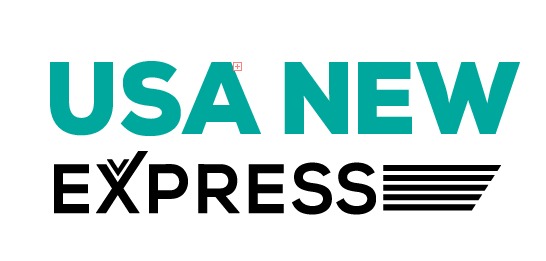No one knows what the Supreme Court will decide on student debt cancellation, but for some people, it won’t matter. They’re already forging toward a future with little to no student debt to haggle over.
As an alternative to college, some people have gone through certificate programs — which can teach people necessary skills for a job in less time and at a lower cost than a four-year college degree. Others have found organizations like nonprofit Merit America to learn skills, or companies like Multiverse to help them find apprenticeships. Apprenticeships are meant to teach people skills they need for work without incurring a mountain of debt.
Since 2013, the number of apprentices tracked by the Department of Labor has doubled to 437,083 last year. Meanwhile, nationwide, undergraduate college enrollment dropped 8% from 2019 to 2022, with declines even after students returned to in-person classes, according to data from the National Student Clearinghouse.
Doug Shapiro, National Student Clearinghouse executive director, partly attributes the decline to students weighing the cost of college against the benefits. Students “think about what the actual cost of tuition will be,” he said, noting they’re also increasingly comparing the return on investment of different programs and need to weigh borrowing costs against their earning power.
“It changed my life,” said Halid Hamadi, who racked up $100,000 in debt studying economics at Penn State University and didn’t earn a degree because he couldn’t get a loan to cover his final semester of college.
He tried to find a way to finish, working a myriad of jobs – Subway, Jimmy John’s and as a bar and restaurant bouncer. In the end, he found Merit America and is now an integration engineer, which coordinates and implements a company’s computer applications.
These aren’t just blue-collar jobs
One of the biggest misconceptions about apprenticeships and certificate programs is that they’re only for people interested in trade jobs like plumbers, chefs, mechanics or construction workers, according to the SHRM Foundation, which helps people find apprenticeships and is partly funded by the Department of Labor. But it’s more than that. It’s also for software engineers, marketing specialists, data analysts, web developers, project managers and many more roles.
“Apprenticeship works for any program that is skill-based and that can be supported by experiential learning,” the foundation explains in its literature. “Apprenticeships are growing in non-trade industries such as IT, health care, advanced manufacturing, insurance and hospitality.”
The cost structure’s also compelling, especially when college costs are soaring and putting people into debt. A Gallup poll last year showed that 46% of parents said they would prefer their child pursue something other than a bachelor’s degree, and more than one-third cited finances as an obstacle. Additionally, just 56% of adults under age 30 who went to college said the benefits of their education outweighed the costs, according to a Federal Reserve study.
Merit America and Multiverse say no money ever changes hands up front, not even for the application.
Merit America learners might pay back for a limited time a small, set monthly payment, but only if their salaries meet certain thresholds. Otherwise, they pay nothing. People whose salaries meet the salary requirement when they leave the program usually pay around $100 monthly, much less than what college would cost, to fund the next round of learners.
For example, Merit America’s Java development program costs a maximum of $8,400 (many programs cost less and would require a smaller monthly payment). You’ll make 24 monthly payments of $350 only when you land a job making $50,000 or more. After four years, the agreement ends — even if you’ve paid nothing. If you ever lose your job, or if your income drops below the income threshold, payments pause.
Multiverse is completely free because companies and partners who value skilled workers cover the cost of training and hiring apprentices, it said. Certificate programs run anywhere from free to about $25,000 depending on whether you’re starting from scratch or freshening skills. That compares to several tens, if not hundreds, of thousands of dollars for a four-year college degree.


